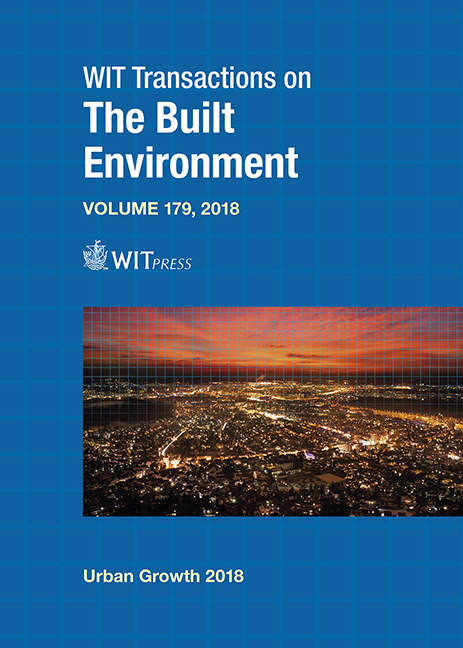WATER GOVERNANCE IN THE SMART CITY
Price
Free (open access)
Transaction
Volume
179
Pages
10
Page Range
13 - 22
Published
2018
Size
364 kb
Paper DOI
10.2495/UG180021
Copyright
WIT Press
Author(s)
ANDRÉS MOLINA-GIMÉNEZ
Abstract
A smart city is one that solves its main problems efficiently, relying on new technologies. Its policies should focus on achieving economic efficiency, environmental sustainability and social development. These objectives require establishing a model of intelligent governance, with democratic functioning, public participation, transparency and electronic administration. Urban water management, under these parameters, need to focus efforts on efficient supply, reduction of losses, progressive tariffs and efforts in education, sanitation and integral purification of wastewater. It must also promote the reuse of reclaimed water. In addition, it is necessary to select a management system that suits well the particular conditions of the city, guaranteeing a transparent operation of all the actors involved. In short, smart cities must incorporate technology for the benefit of environmental and social sustainability. In the water sector, the smart city must equip itself with instruments to ensure a universal, continuous, regular and high-quality public service. An effective management system, where public-private collaboration is developed, supported by suitable regulatory instruments, is of the greatest interest. The purification of urban wastewater, and its subsequent reuse, are fundamental tools of the circular economy, and lead to more environmentally sustainable cities. There are significant possibilities for reuse of wastewater for the city’s own uses, thereby reducing pressures on pure water sources. On the other hand, the smart city´s water management system should be based on the principles of transparency and good governance. In sum, the relations between the smart city principles and water management shall be addressed in the study.
Keywords
smart city, water, governance, efficiency, law, public services, technology, transparency, accountability





